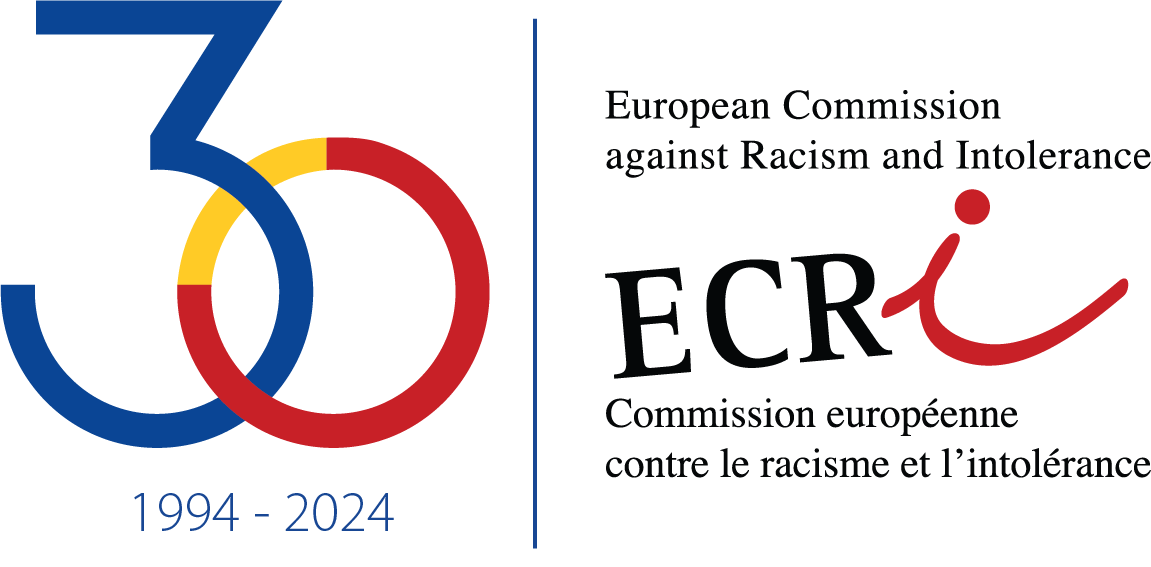As LGBTI people still experience high rates of discrimination and abuse, including violence, due to their actual or perceived sexual orientation, gender identity and sex characteristics, the European Commission against Racism and Intolerance (ECRI) of the Council of Europe today published a recommendation to stop intolerance and discrimination against LGBTI persons.
Individuals may also be subjected to discrimination and abuse due to their association with LGBTI people. Intolerance and discrimination against LGBTI people are manifested in complex and varied ways, negatively impacting the human rights of LGBTI people, notably their legal, social and political rights, which should be enjoyed in the same manner as everyone else.
ECRI calls on European policy makers at national, regional and local level, to develop measures that deter such discrimination and intolerance, and while doing so, take account of the diversity which exists across sexual orientations, gender identities and sex characteristics. Therefore, they should also recognise the rights and needs of individuals who fall within more than one LGBTI sub-category. In the view of ECRI, it is also vital to recognise the rights and needs of LGBTI individuals who suffer intersectional discrimination due to other key aspects of their identity or lived realities, including their ethnic or national background, citizenship, religion, gender, and disability status, or their refugee status or belonging to the Roma or Traveller communities.
ECRI recommendations include the following:
- Give high priority to promoting and achieving equality for LGBTI people and to combating discrimination and intolerance against them, taking all positive measures, including legislation, administrative policies, and national strategies or action plans that would ensure that LGBTI people are safe, equally protected under the law and able to enjoy rights and freedoms to the same extent as all other members of society.
- Ensure that the measures taken to combat intolerance and discrimination against LGBTI people are carried out at all administrative levels (local/regional and national) and facilitate the involvement of a wide range of actors from different societal sectors, including legal, social, religious, educational, civil society, and cultural spheres. Such measures should address the impact of gender inequalities and gender-based harms. Policies enacted to increase gender equality should take appropriate account of the experiences of lesbian, bisexual, transgender and intersex women.
- Ensure that anti-hate crime and anti-discrimination laws and policies provide effective protection for LGBTI people, and refrain from adopting laws or policies, which victimise, discriminate against, or legitimise hate against LGBTI people.
- Ensure that all LGBTI people and groups can freely express and access views and information about their rights and their position in society, safely and free from harassment or attacks, and that they are fully protected by the police and other relevant authorities.
- Encourage political parties and individual political actors, particularly those in positions of leadership, to actively oppose anti-LGBTI hate speech, notably through counter-speech, and to fully adhere to the principles and rules contained in the Charter of European Political Parties for a non-racist and inclusive society as endorsed by the Parliamentary Assembly of the Council of Europe.
- Ensure that the mandates of equality bodies expressly cover discrimination based on actual or perceived sexual orientation, gender identity or sex characteristics. Equality bodies should have the same powers, resources, and responsibilities to provide effective protection for the human rights of LGBTI people as they do for the human rights of other groups within their mandate, including the right to issue recommendations and monitor their implementation.
GPR N°17 on preventing and combating intolerance and discrimination against LGBTI persons




